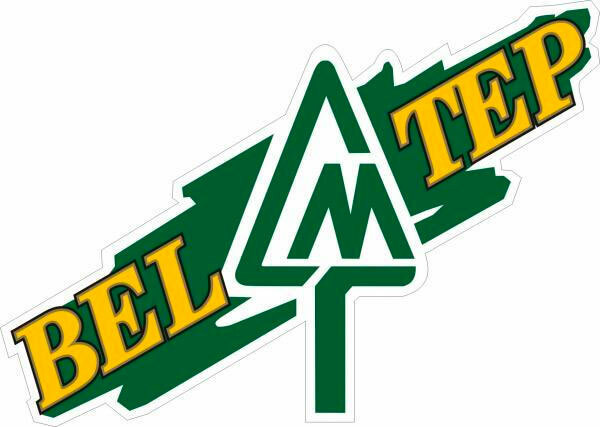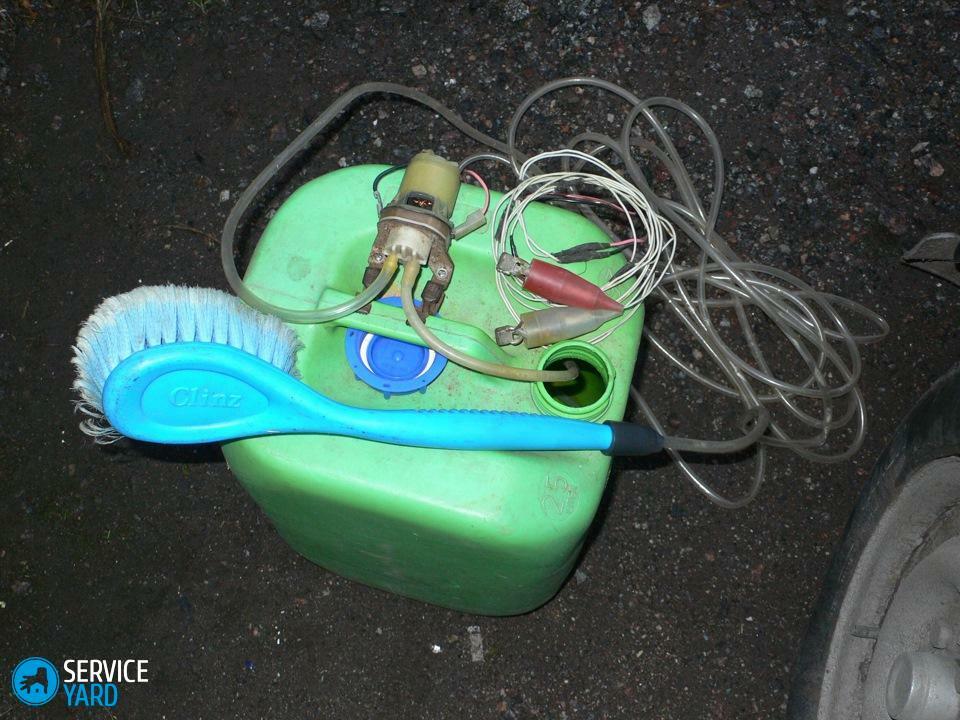Mineral wool is insulated with space in partitions from plasterboard walls, ceiling slabs, metal doors and other building structures. It does not burn, which additionally protects the building from fire in case of an open flame: reaching the cotton wool, it will go out. In this material, the fiber diameter, binding components and environmental safety are valued. It is important to preserve the shape of the slab from mineral wool so that cold bridges do not form at its joints. A lot of products are represented on the construction market, among which the EU factories are leading. But there are worthy analogues among manufacturers from the CIS.Realizing the features of this material and the characteristics of companies, you can quickly navigate when choosing a mineral wool for your needs.

Contents:
- Best producers of premium mineral wool
- Best producers of mineral wool of economy class
Best producers of premium mineral wool
Such companies include factories in Denmark and France. It is not cheap production, which has proved itself in the whole world high quality and long preservation of positive characteristics. Here are the best firms for its release according to users opinion.
Isover - the most experienced manufacturer

Isover is a subsidiary of the world-famous construction materials concern "Saint-Gobain", which began its activity in 1665.Now he owns more than 1,000 enterprises in 67 countries with a staff of more than 150,000 people. Mineral wool of this manufacturer is supplied in rolls and plates. One of the latest developments has high strength and minimal taunts. Vata is designed for private and commercial use. The company has many certificates for the environmental safety of materials.
Pros:
- best price / performance ratio;
- environmental certificates;
- availability in any specialized store;
- low thermal conductivity;
- easily fits;
- is simply cut to the right parts;
- can be dismantled and re-used;
- good flexibility allows you to install it in any form of structure.
Cons:
- requires protection;
- produces a pungent odor;
- can get spoiled if it gets wet;
- requires substrates from hydrobarians;
- on packages little information on use.
Knauf - according to the high German standards

This brand is known since 1932.The headquarters is in Germany. The company specializes in building finishing and thermal insulation materials. In the development of constantly innovating, which gives a wide variety of products on basalt and glass fiber, and also preserves the cleanliness and safety of the insulation. The company has five mineral wool lines, each of which is designed for specific use: for walls, roofs, ceiling slabs, acoustic partitions and general purpose.
Pros:
- a variety of products for technical insulation and living quarters;
- no poisonous phenol-formaldehyde;
- reliably blocks access to sound;
- is an excellent barrier to cold;
- does not crumble;
- is very light;
- is conveniently mounted at any angle;
- does not light up.
Cons:
- high cost;
- when working without a mask, irritation in the respiratory system may occur;
- is wrung into the bare hands.
Rockwool - the most expensive variants of

This Danish manufacturer has mineral wool in a large assortment. The company exists since 1909 and its engineers have devoted a lot of time to the development of sound and heat insulation materials. The best product in this area is stone wool, which is suitable for facades, ceilings and panels. Now the company has 28 factories operating in 18 countries. A special specialization of the company is acoustic insulation for specialized studios. All manufactured goods are certified by EcoMaterialGreen.
Pros:
- large construction companies work mainly with Rockwool;
- fibers withstand a temperature of 1000 degrees;
- no deformation and shedding;
- good absorption of vibrations and noise;
- is energy efficient;
- a variety of finished sizes for various mounting objects;
- convenient packing.
Cons:
- high price and quality do not exclude the means of protection;
- hydrophobic material;
- material is designed for 10-15 years of use;
- can sometimes start a living creature( mouse).
The best producers of mineral wool of economy class
This part of the market is represented by companies from the near abroad, who developed independently, without the participation of foreign concerns. In their assortment there is a necessary minimum for simple and rapid insulation and insulation. Here are the best companies with this product by customer feedback.
Beltep - plates for all

The Belarusian producer produces mineral wool in plates with any thickness. It is intended for insulation of facades, ventilation and universal use. In its creation, basalt fiber and binder resins are used. This gives a non-combustible material with good throughput for the vapor exit. In the range of various density cotton wool from 35 to 200 kg / m cubic, which allows you to use the insulator for internal partitions, and in the exterior decoration.
Pros:
- very cheap;
- many options for thickness and density;
- is not flammable;
- is suitable for vertical and inclined surfaces;
- elastic material.
Cons:
- a lot of caustic dust in the air when mounting;
- phenolic resin in the composition;
- sharp odor;
- easily tears and requires careful handling;
- allergies are possible during work;
- lays the nose if mounted without a mask.
Technonikol Rocklight - simple insulation

This Ukrainian product is gradually gaining popularity in the construction market for exterior and interior decoration. Basalt fiber is the basis of insulation. Products are produced with slabs of different length and thickness for specific objects. This wadding is suitable for the insulation of roof slopes, brickwork, wall partitions and interfloor overlappings. The manufacturer concentrated its activity on light insulation types with a density of 30 kg / m cubic. The hydrophobic plate can be mounted at any angle. The fibers are arranged in a chaotic order, which increases the sound insulation.
Pros:
- Affordable price;
- a variety of sizes and thicknesses;
- high heat preservation;
- reliably blocks access to noise;
- does not light;
- is good for air;
- chaotic arrangement of fibers.
Cons:
- plates are heavier than imported analogues;
- can absorb moisture from important plasters;
- plates are loose and crumb;
- spoil from water;
- in the package there is a different density of materials;
- plate is easy to break.



